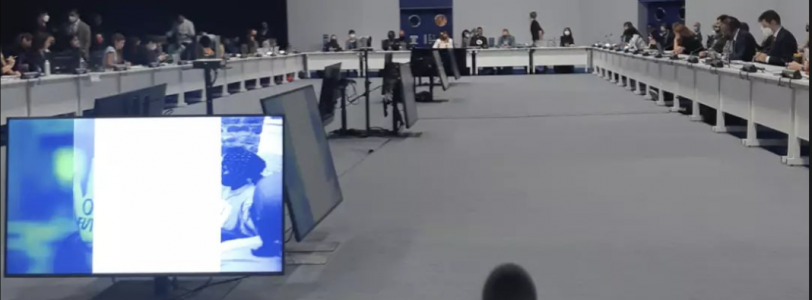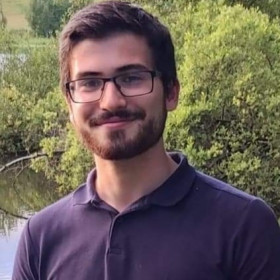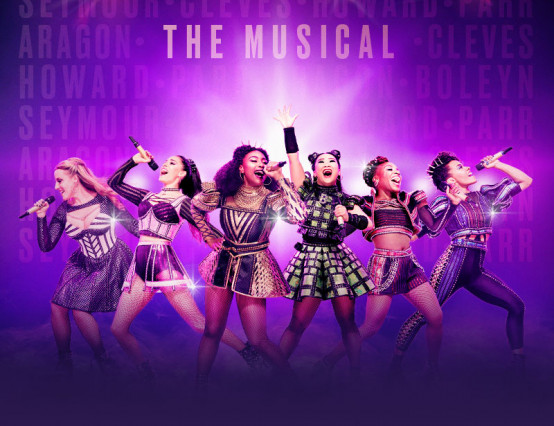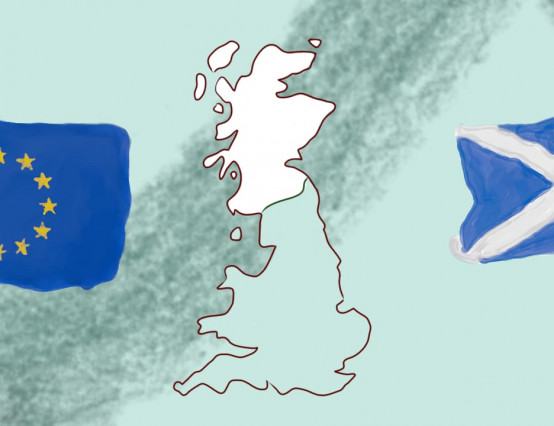5 November was supposed to mark a day of genuine youth engagement. Not the token presence of young people at meetings they have no platform to contribute to, nor a host of uninspiring platitudes geared towards patting youth speakers on the back and telling them "good job, we'll take it from here". Thousands of young people gathered in Glasgow determined to have their chance to finally be involved in proceedings that will determine the outcome of their lives.
Arriving at the Scottish Exhibition Centre on the 5th, I was certain that the intergenerational inquiry would be the centrepiece of this progressive move towards inclusive negotiations. Based on how quickly the room filled during the wait for it to begin, many other young people felt the same. The panel consisted of several youth-orientated politicians and guest speakers, whilst a designated young-people's panel was also present.
It began with a lengthy section geared towards the main panel explaining in great detail the importance of youth voices. Erica Muniz, the minister of foreign affairs for Panama, emphasised that young people are the ones who will suffer the most from climate change. "As a young woman in politics, I understand what it is like to be excluded from the conversation", she stated, advocating for young people to not just be included for photo-ops, but to be empowered to make impactful contributions. Her words were largely echoed by Welsh Minister Sophie Howie, who added that climate action doesn't have to be divisive, and should benefit all generations.
Other speakers, including Ecuadorian lawyer and climate advocate Gaby Costa, spoke about certain issues of inclusivity within COP26 and the UN in general, with a representative of the UN smiling as she said "we don't always get it right."
There was also an extensive virtual talk by Jane Goodall about her foundation Roots and Shoots, and the way it educates young people on the planet.
In fact, education seemed to be the constant refrain during each of the speaker's slots. 'We must educate the young to empower them. We must give them a voice, teach them about how to tackle climate change.' A climate scientist from Italy praised the youth for their willingness to protest, but stressed that he wanted them to move on from protest, to proposals.
Look, all these points are important. A lot of significant issues were brought up during the many monologues by the main panel. The issue is, this was meant to be a dialogue. The youth panelists were given few opportunities to speak, and none of their ideas were engaged with. This frustration was clearly felt by the audience, as evidenced by the first question asked during the Q&A.
Clearly outraged, the questioner pointed out how patronising it was to be told that the youth need to be educated. He cited the claim that they needed to move from "protest to proposal" as a patronising display of ignorance. "It's not that we need a space to learn, we already understand, what we need is a seat at the decision making process."
This is the problem. Young people are already educated on climate change. We already propose changes. But we have no power, no seat at the table. Decisions that affect us, are constantly made without us.
To make matters worse, after that first question the host revealed that we had run out of time. All that talk of dialogue amounted to a single question without a viable answer. Another member of the audience had to outright demand the chance to speak, and was only able to do so once one of the youth panelists invited her to talk through her microphone. The speaker highlighted the complete farcical nature of the event. We had just sat through over an hour of talks geared towards highlighting the importance of youth, and yet there was no serious dedication to hearing our voices.
Don't invite young people to talk. Talk can be ignored. Give young people the chance to be genuinely involved in the negotiations. It's frankly astounding how hard it is for organisations to grasp this. It's no surprise that young people are turning more and more to outright protest. I left the room to the sound of disgruntled mutterings, and the conclusion that, for all COP26's posturing, youth voices still need to shout to be heard.









0 Comments